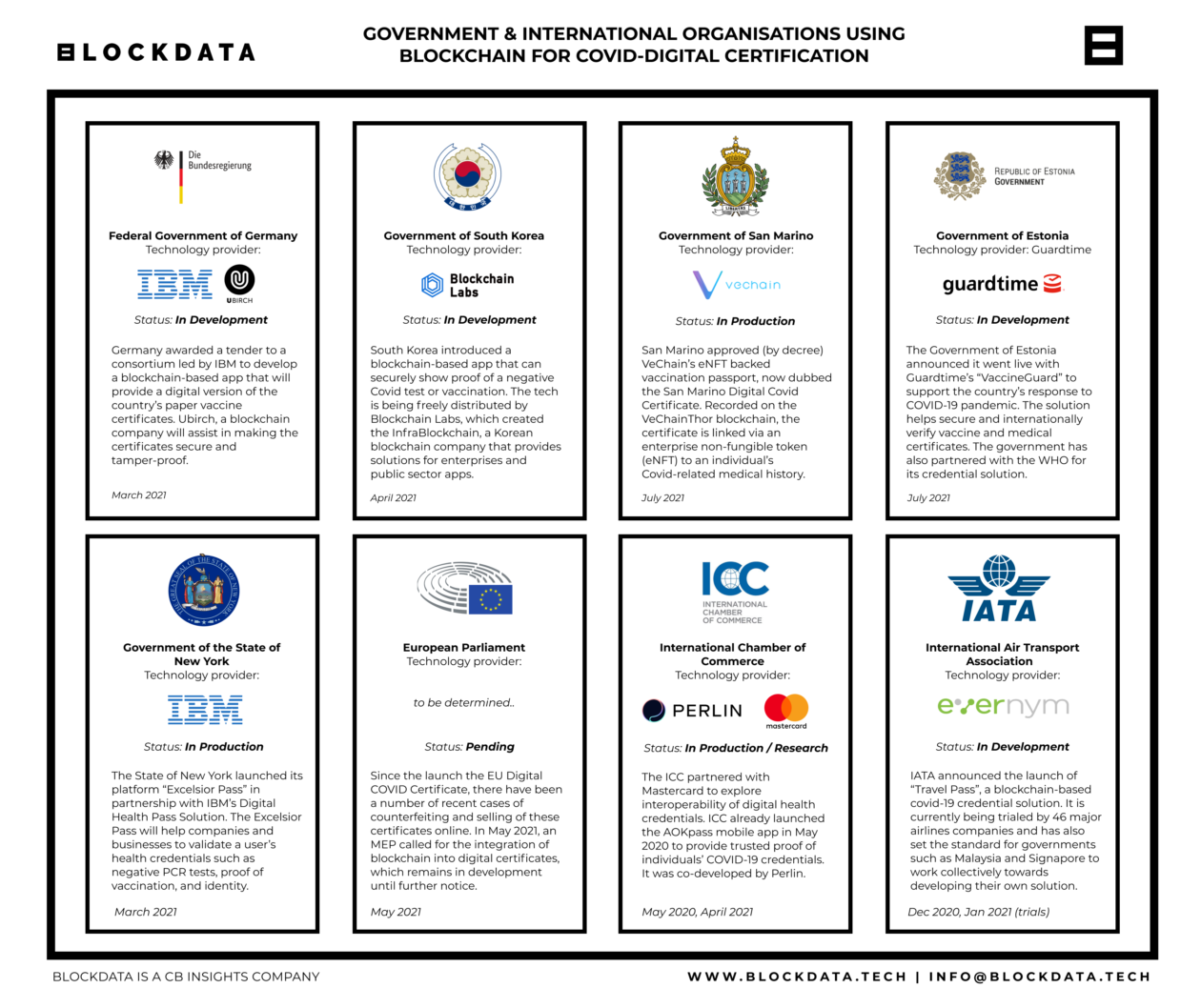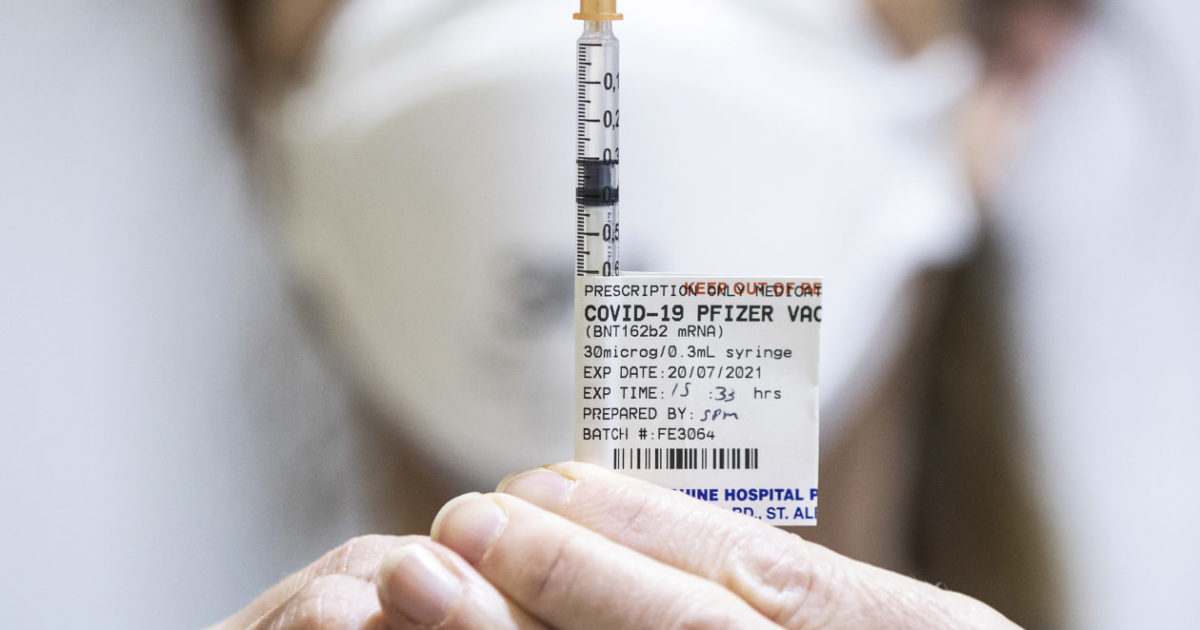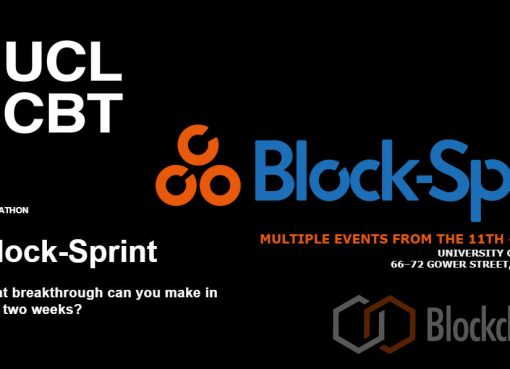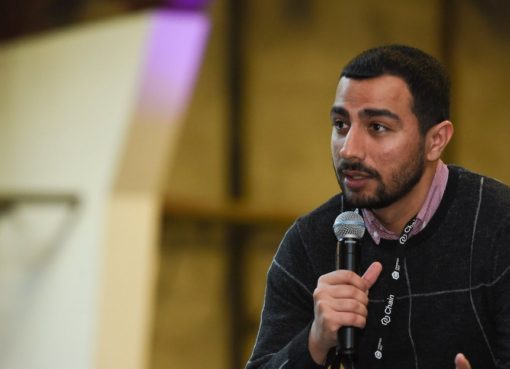The Covid-19 pandemic has been tough for everyone, and it highlighted the many inefficiencies in the healthcare industry on a global scale.
Inefficiencies such as regulatory uncertainty, manual processing of medical data, fraud and identity theft, vaccine distribution and the logistical nightmare of manual testing of populations have aggressively challenged our current healthcare systems and international corporations.
Major problems that if solved swiftly, will help relieve some of the strict measures that have been put in place.
Using blockchain technology in healthcare is no universal solution to these problems, but it can help to improve some systems and processes to help us work towards a safer, privacy-oriented and healthier world.
And yes, this is where blockchain comes in…
Blockchain and healthcare have been great complementaries over the years with numerous initiatives by governments and healthcare organizations. These solutions have attempted to improve the pharmaceutical supply chain of drug development and transportation, the security of healthcare records and registries, as well as the manual processing of patient data, complex insurance systems, invoicing & billing, and identity verification. Here are some processes in the healthcare industry that blockchain technology can improve.
- Tracking & monitoring
- Health record ownership
- Insurance and supply chain settlement
- Counterfeiting
- Security & Privacy of medical data
- Issuance of digital certificates
- Fake identification & fraud prevention
- Drug development and supply chain management
Sounds great right? But the major question is which one of these use cases are in production as of today. Are they effective in combatting current issues in our healthcare systems, for example, the Covid-19 pandemic?
Below we will look into how these use cases are being developed in practice, and how governments and businesses are working together in 2021 to find solutions to the many challenges of our healthcare system. We particularly targeted solutions that are aiding Covid-19 solutions across the the globe.

Top blockchain developments towards Covid-19 in 2021
- Korea to launch blockchain-based vaccine certificates for May 2021
- Announcement: April 2021
- Technology used: Blockchain Labs – developed by Infrablockchain).
- State of New York launch the Excelsior Pass, a identity credentials app which is now live throughout the state of New York.
- Announcement: March 2021
- Technology used: It was developed in partnership with IBM using IBM’s Digital Health Pass solution.
- Germany awards IBM led consortium $3.2 million to develop German Digital health Passport contract
- Announcement: March 2021
- Technology used: IBM and Ubirch won the tender to create a digital version of yellow vaccine certificates.
- Emirates trials with GE Blockchain Covid travel app
- Announcement: February 2021
- Technology used: GE Digital partnered with TE-Food (traceability startup) and laboratory service Eurofins to develop a Covid travel application.
- International Chamber of Commerce (ICC) partnership with Mastercard to explore interoperability of digital health credentials.
- Announcement: March 2021
- Technologies used: ICC also uses Perlin for its credential solutions.
- Tech Mahindra and Statwig to develop blockchain vaccine traceability solutions
- Announcement: July 2021
- Technologies used: Tech Mahindra and Statwig used their own technologies to create VaccineLedger.
- Moderna & IBM collaboration for vaccine credentials and traceability.
- Announcement: March 2021
- Technologies used: Moderna will be using IBM Blockchain for vaccine distribution as well as IBM’s Digital Health Pass solution that leverages blockchain.
- San Marino approves VeChain eNFT vaccination certificate that’s verifiable worldwide
- Announcement: July 2021
- Technologies used: San Marino will be using VeChain’s Thor public blockchain. The vaccination passport contains a record of past infections, negative test results, and also provides a digital vaccination certificate.
- The International Air Transport Association (IATA) announced that it is developing a new digital health credential solution that has the potential to reopen international travel and replace compulsory quarantine measures.
- Announcement: December 2020
- Technologies used: Built using Evernym’s Sovrin protocol.
- Chinese University of Hong Kong is working together with Consensys to develop a digital passport.
- Announcement: June 2021
- Technology: The passport infrastructure has been built using ConsenSys Quorum and Codefi Orchestrate.
- Government of Estonia
- Creating the digital “yellow card”
- Technology provider: The government of Estonia has partnered with Guardtime Estonia to develop a digital yellow card to improve travel and credential management.
Other blockchain vendors providing solutions for Covid-19
Below is a list of key blockchain vendors and infrastructure providers that companies and organizations have been using to develop their own solutions to the pandemic.
- Is an infrastructure provider that helps accelerate the convergence between decentralized and traditional finance as well as other industries such as Healthcare, Asset Tokenization, Real Estate, Supply Chain and Identity Management. Companies and businesses are able to create financial products, protocols and for efficient exchange of value.
- Covid solutions: Algorand is also the underlying technology that powers VitalPass, the first blockchain-based system to track COVID-19 vaccinations. VitalPas has launched in Colombia with plans to expand in several countries across Latin America.
- Is a blockchain company which provides an ecosystem dedicated to making global supply chains work together. They do this by enabling a universal, collaborative and trusted data exchange. With their protocol, users can build quick, easy and effective solutions for data exchange between companies and participants.
- Covid solution: Trace Labs (the core team behind OriginTrail) received support from the World Economic Forum to work on a solution that ensures the safer buying of Covid-19 protective equipment using blockchain technology. The company is now working on a decentralized Trust Covid-19 Essential Supplies Repository.
- Is a company that provides identity and credential solutions using blockchain technology. Companies are able to build and deploy their own self-sovereign identity solutions. They are also the creators of Hyperledger Indy and Sovrin.
- Covid solution: They are the technology provider behind the IATA Travel Pass solution. It is also a founding member of the COVID-19 Credentials Initiative.
- Is a company that provides document lifecycle management, and credential solutions using blockchain technology. So far Accredify have verified over 4 million documents
- Covid solution: They developed a Digital Health Passport. A mobile app that lets you store, access, and verify COVID-19 medical records on the go. To verify the authenticity of a user’s medical record, authorities can simply scan the document’s unique QR code.
- Is a blockchain-based platform that was built to manage, store and verify records for vaccination programs. In June, they launched the Digital Covid Card for licensed medical practitioners and their patients. It is built using RelayX and Bitcoin Computer, the latter being a Turing complete layer-1 smart contract system for Bitcoin.
- Covid solution: They have built a solution to verify vaccination credentials as seen above.
How will a blockchain-based solution work for the people?
It’s great to see so many initiatives to help us handle the pandemic. If you know of any that are missing, do reach out to us!
But the big question that remains in the minds of the people is, how would this work for me? Even if there are apps that are running on blockchain, many people are still concerned (or uninformed) about their data privacy, international exchange of data when travelling abroad, and security of personal information. So let’s end this article with a quick breakdown on how it works.
In a properly set up blockchain-based solution, there isn’t one company in control. It is a network in which the individual participants decide who gets access to which data.
That means you, as an end user, will have more control over your data, and don’t just give consent to use it without having an idea where it is stored and how it is being used.
In practice, this means your personal information is not stored and managed by a central party, neither is it available for anyone to view. It is held by the issuers since they are the ones providing the healthcare. But it is protected from external exposure through blockchain security and encryption.
Your credentials need to match the requirements of the verifier (the healthcare provider or vaccine provider, or PCR-test provider). For example, a negative test in the last 72 hours, or a 24-hour rapid test, or a vaccine certificate.
You are only providing the verifier with a QR code, and no personal data is being returned to them. So in short, a blockchain-secured vaccine certificate could simply show nothing more than a “yes” or “no” alert to verify that your Covid-19 status is valid.
Your medical data is only between yourself and your healthcare provider. With a generated QR-code, you can simply use this same procedure at an airline company, social gathering event, or organisation that requires a QR-code to show my Covid-19 test or proof-of-vaccination without revealing any medical data.




